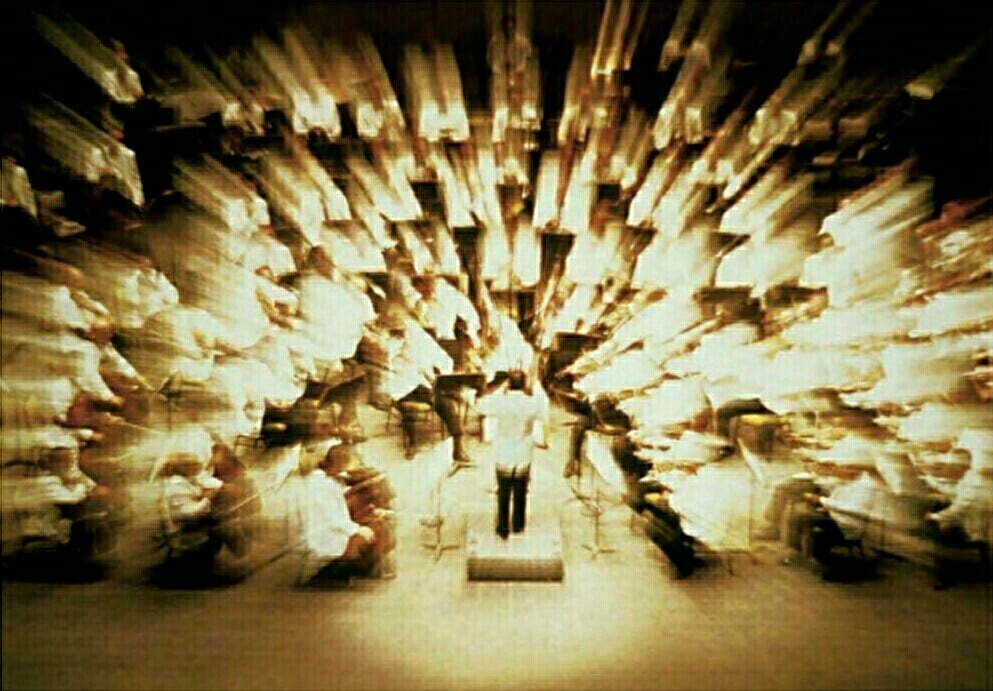THE NERVOUS SYSTEM
WHETHER IT BE a surprise, a startle, or a scare, how the brain reacts to a situation is determined by the information that is gathered by the nervous system.Through this vast interconnected network, the brain is able to collect data, interpret them, and then react to them in a matter of milliseconds- governing such things as how fast our heart races, how hard we laugh, or how loud we scream. Every reaction, thought, action, and emotion is regulated by the nervous system, which excels at communication and controls.
The shock of an ice-cold victory celebration causes a full-body startle reaction.
HOW THE NERVOUS SYSTEM RUNS THE BODY [ IN HARMONY ]
THINK OF THE brain as a symphony orchestra. When everything goes right, the brain remains in constant communication with the entire body at all times. Sometimes, as when musicians are warming up or the mind’s attention is unfocused, the signals are muted or lack direction. But when the conductor walks to the podium and taps the baton, all snap to attention.
Then, with the down sweep of the maestro’s arms, everyone springs into action. Each musician, like every nerve that registers and transmits information, watches for instructions. Upon recognizing the conductor’s intent, each carries out orders to speed up or slow down, emphasize or downplay a particular action, or otherwise fine-tune the adjustments that create music out of a hundred different sounds-or the thoughts of the brain into physical action.

Cells in your brain, as in all tissues, have their own genetic code made up of just four nucleotide bases. They’re usually referred to by their first letters: G, C, T, and A, for guanine, cytosine, thymine, and adenine. Out of these letters come the combinations that make you unique.
The conductor, like the brain’s executive function, also is watching for incoming signals. Each musician’s performance makes an impression upon the maestro, who processes the information and calls for any necessary changes. At the same time, the brass section perhaps may be reacting to the percussion without any intervention by the conductor, just as some reflexes travel only from a nerve in the leg to the spinal cord and back again.
As the musicians play together, their individual contributions unIte in harmonious song. Thus, the brain has its many functions that, when added together, lead not only to consciousness, but also to overall health.

